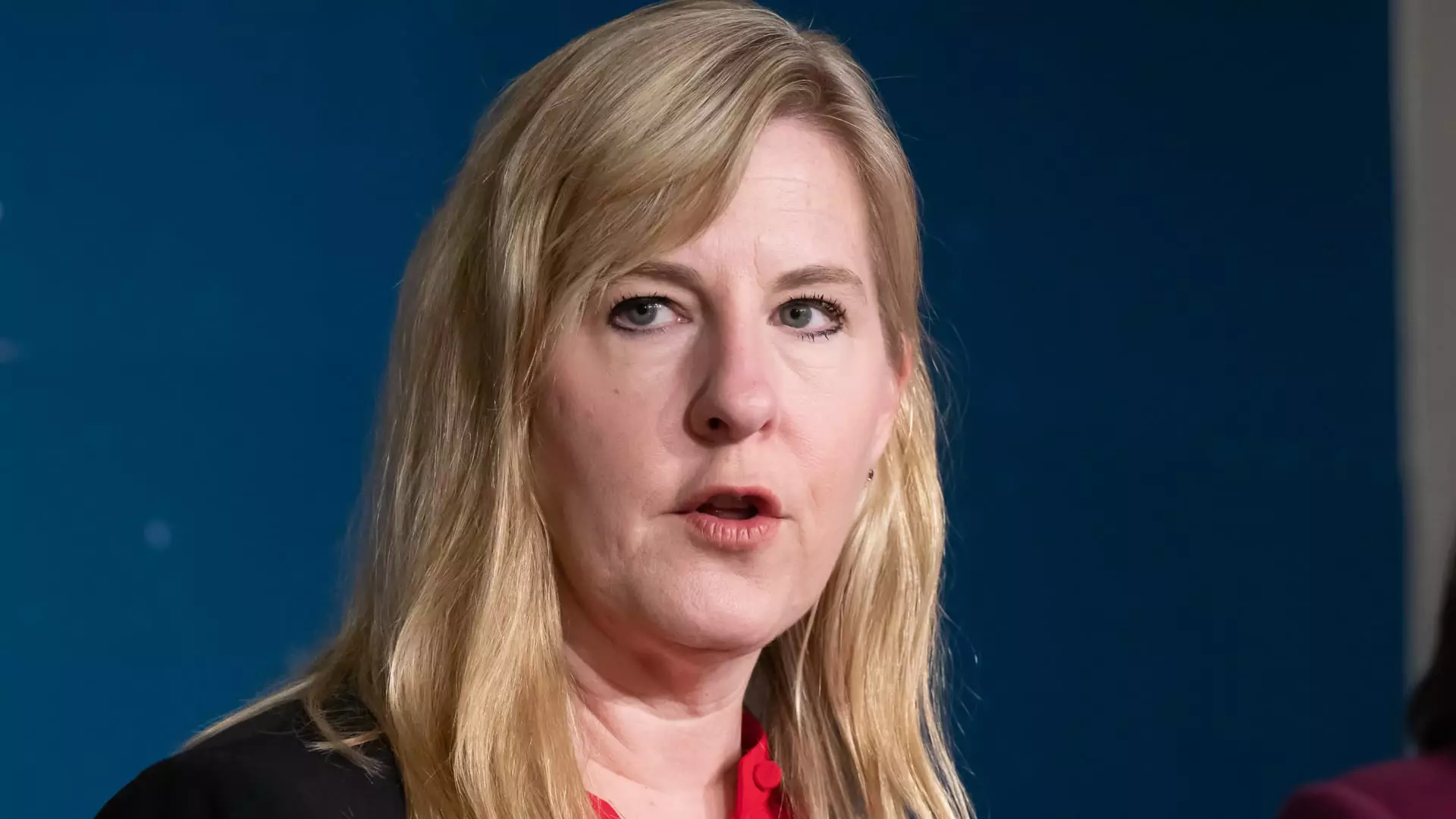This past Saturday, Minnesota was shattered by an abhorrent act of violence that pierced the heart of our political landscape. The tragic assassination of former House Speaker Melissa Hortman and her husband, Mark, underscores a perilous trend in our society: the intertwining of politics and violence. Governor Tim Walz’s declaration of this incident as “politically motivated” encapsulates the chilling reality that our representatives are not just public figures—they are being hunted. We find ourselves at a crossroads, where the foundations of democracy are both tested and threatened, and where the fibers of political discourse are fraying due to extremist ideologies.
Hortman was a stalwart in Minnesota’s legislative scene since 2005, recognized not only for her leadership but also for her advocacy on pertinent issues. Her assassination is a grievous loss to the community she served with unwavering dedication. One cannot help but ponder the profound implications that her murder holds for the state and beyond. When the very people tasked with maintaining our rights and safeguarding our liberty come under such brutal attack, it is a wakeup call for all of us.
The Aftermath: More Than Just a Personal Tragedy
In the run-up to this unspeakable act, other significant figures such as Democratic State Senator John Hoffman, who, along with his wife, Yvette, sustained multiple gunshot wounds, were also targeted. The violent nature of these attacks cannot be overstated; it signifies a toxic undercurrent that exists within our political climate. The notion that one is safe to express political beliefs, engage in civil discourse, or even perform their duties as an elected official is rapidly eroding. The gunfire serves not only to silence voices but also sends a deafening message: dissent may come at the price of life.
The authorities are now on a relentless manhunt for a suspect who so brazenly impersonated a police officer to facilitate these heinous crimes. The fact that the perpetrator likely imagined themselves above the law is indicative of a broader malaise infecting our political system. As the state’s law enforcement works hand in hand with federal agencies—including the FBI—to respond to this offensive against democracy, it is critical to scrutinize the atmosphere that permits such acts of aggression to blossom.
A Climate of Fear and Extremism
We must reflect on the language that has permeated our public discourse. The rise of incendiary rhetoric and extreme viewpoints contributes significantly to a culture where violence is not only seen as acceptable but, in some cases, valorized. When state-sponsored violence, whether through dog-whistle politics or outright incitement, becomes normalized, it chips away at the sacred tenets of democratic governance. Democratic National Committee chair Ken Martin’s lament about the “senseless murders” and their ties to an increasingly extreme political climate is a sentiment shared widely, yet it is now apparent that words alone may not suffice to change the narrative of violence.
Local, state, and national leaders are finally beginning to understand the gravity of such rhetoric. This is no longer just a Minnesota problem but rather a national crisis that requires an urgent response. On social media platforms and in political arenas, calls for unity against this tidal wave of terrorism are crucial. Leaders like Governor Walz have a monumental task ahead; they must steer their constituents towards peaceful dissent while firmly denouncing the scourge of political violence.
Time for Reflection and Action
As the nation mourns for Hortman, it is essential that we do not confine our grief to somber discussions but rather leverage this moment for actionable change. The threats posed to lawmakers and community leaders should incite a passionate debate about both our security and our ethics. When will the political elite take a stand against the vitriol that saturates their own parties? Addressing this toxicity requires a concerted effort within grassroots movements coupled with systemic changes in our political institutions.
Ultimately, the deaths of Melissa Hortman and the critical injuries sustained by other lawmakers are not simply tragedies—they are clarion calls for us all to reject complacency and to demand a society where political disagreement may exist without the specter of violence hanging over our heads. In this pivotal moment, we must ask ourselves: what kind of democracy do we want to preserve, and how far are we willing to go to protect it?


Leave a Reply